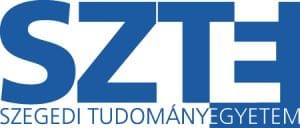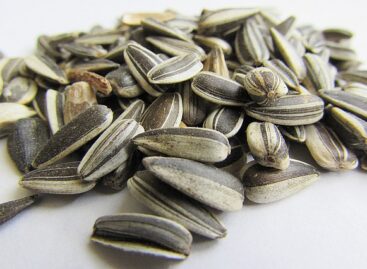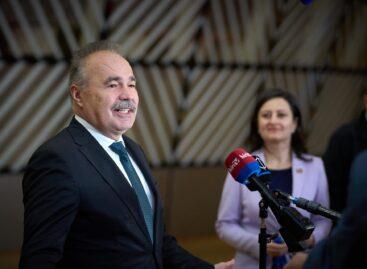SZTE participates in research examining responses to climate change and the energy crisis
The University of Szeged (SZTE) is the only institution in Central and Eastern Europe to participate in international research examining responses to climate change and the energy crisis – the public relations directorate of the higher education institution informed MTI.

(Photo: szte.hu)
According to the announcement, the European Union’s Phoenix project examines what answers we can give to the challenges caused by climate change and the energy crisis. The only participant in the initiative taking place in nine countries is SZTE, which conducts research in Szeged and the Balaton region.
The purpose of the Phoenix project is to assess and display the interests and attitudes of all stakeholders
The research reveals how open the residents, decision-makers and economic actors of the given region are to the changes that can be expected in connection with the energy crisis and climate change. The study collects opinions with a consortium of nine EU countries, in eleven regions, focusing on different topics, and formulates recommendations for the future. In the first stage of the research, the possibilities found in the natural environment, the assessment, vulnerability and ways of use of natural resources are investigated. The work started with a questionnaire that anyone could fill out, as well as targeted interviews. The researchers try to reveal the directions in which the local society in each country wants to develop in the fields of energy, environmental protection and sustainability in general. In the Hungarian sample areas, two focuses were defined: in Szeged, energy, geothermal energy and alternative heating methods, and in the Balaton area, local food production and supply are the focus of the survey.
The goal is a sustainable future, decarbonization, energy transition with more renewable and less fossil energy use, and the creation of a much more reliable and predictable system. At the end of the project, which consists of several phases, the researchers will submit a summary evaluation, which can also be used for a specific action plan, to the decision-makers of the European Union in January 2024.
MTI
Related news
Farmer-centric agricultural policy after 2027 receives unanimous support
The EU member states’ agriculture ministers have adopted Council conclusions…
Read more >Slow but steady growth in sunflower producer prices
Oil World experts expect a global sunflower seed harvest of…
Read more >It is important that the post-2027 agricultural policy makes the EU’s agriculture farmer-friendly
It is important to discuss how the conclusions on the…
Read more >Related news
The Joy of Giving! – SPAR stores collect non-perishable food for people in need
The Hungarian Maltese Charity Service and SPAR Hungary have launched…
Read more >Technological advancements and business travel
The latest research from International Workplace Group (IWG), the leading…
Read more >K&H: a gift, but what and from which store?
When it comes to Christmas gift-giving, clothes are the most…
Read more >








